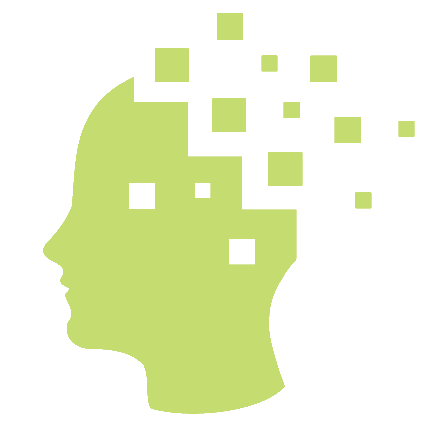Healthy Aging
Protect Brain Health for Louisiana’s Aging Residents
Promoting health and preventing disease across the lifespan is the key to staying healthy as we age. That’s why healthy aging is a national priority for Well-Ahead.
We believe every person deserves to age well, and we support initiatives designed to help everyone live longer and stay healthy.
Alzheimer’s disease is the 6th leading cause of death in the US 1

6th
13.6%
of people aged 45 and older have subjective cognitive decline 1

1 in 3
seniors dies with Alzheimer’s or another dementia. 1
4 in 10
Americans would talk to their doctor right away when experiencing early memory or cognitive loss. 1
Reducing the Burden of Alzheimer’s Disease and Dementia in Louisiana
Well-Ahead is committed to improving the health of Louisiana residents by partnering with leaders in our state and communities to make the greatest impact. As a leading cause of death in the United States, it is crucial that we come together to develop a well-coordinated public health approach that is essential to support those with Alzheimer’s Disease and related dementias (ADRD) and their caregivers.

Alzheimer’s and Dementia
Understand what to expect when patients visit the doctor about symptoms, how Alzheimer’s disease progresses, and what resources are available.

Education and Training
Caring for seniors and knowing the early signs of Alzheimer’s disease begin with our own education as healthcare providers.

Family and Caregivers
Whether you provide daily care, participate in decision-making or simply care about someone with the disease, help and support are available.

Supporting Employees in the Workplace
When planning an employee wellness program, it is important to keep in mind activities that will support your aging population in the workplace.

Louisiana Alzheimer’s Coalition
Get involved with other Louisiana leaders to support those with Alzheimer’s Disease and related dementias and their caregivers.
Citations
1 Alzheimer’s Association